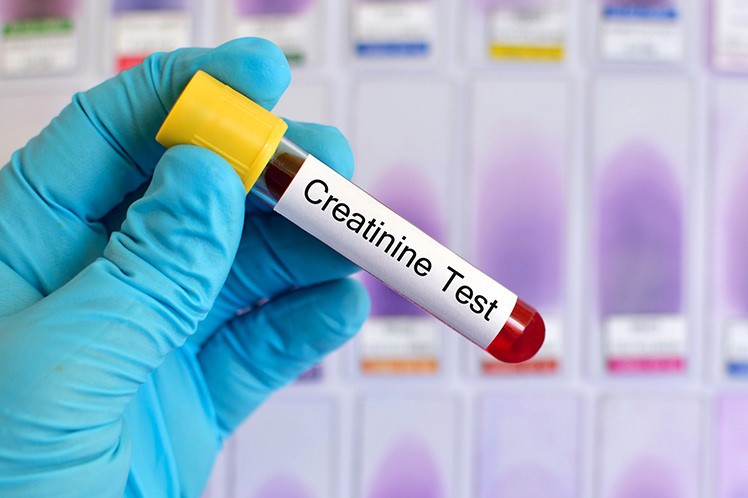
What is Creatinine?
Creatinine is a waste product of creatine phosphate (or phosphocreatine), found primarily in skeletal muscle tissue
Creatinine enters the bloodstream, is filtered by the renal glomeruli and is excreted by the kidneys in the urine.
Why measure creatinine?
Creatinine is considered an index of renal function and is therefore useful for detecting any abnormalities.
Since creatinine remains on average constant, the examination of creatininemia is helpful in highlighting renal dysfunction.
Are there preparation rules for the creatinine test?
The sampling is usually done in the morning.
Your doctor will suggest whether you need to fast.
Is it dangerous or painful?
The exam is neither dangerous nor painful.
The patient can feel the sting as the needle enters the arm.
The test is performed with a simple blood sample.
Read Also
Emergency Live Even More…Live: Download The New Free App Of Your Newspaper For IOS And Android
Creatinine, Detection In Blood And Urine Indicates Kidney Function
Kidney Stones: What They Are, How To Treat Them
What Is Albumin And Why Is The Test Performed To Quantify Blood Albumin Values?
What Is Cholesterol And Why Is It Tested To Quantify The Level Of (Total) Cholesterol In The Blood?
Gestational Diabetes, What It Is And How To Deal With It
What Is Amylase And Why Is The Test Performed To Measure The Amount Of Amylase In The Blood?
Adverse Drug Reactions: What They Are And How To Manage Adverse Effects
Kidney Stones: How They Form And How To Avoid Them
Renal Colic, How Does It Manifest Itself?
Biliary Colic: How To Recognise And Treat It
When The Patient Complains Of Pain In The Right Or Left Hip: Here Are The Related Pathologies
Organ Transport, The First European “Drone Ambulance” Debuts In Turin: It Will Transport Kidneys
What Is Pancreatitis And What Are The Symptoms?
Albumin Replacement In Patients With Severe Sepsis Or Septic Shock
Provocation Tests In Medicine: What Are They, What Are They For, How Do They Take Place?
What Are Cold Agglutinins And Why Is The Test Performed To Quantify Their Values In The Blood?


